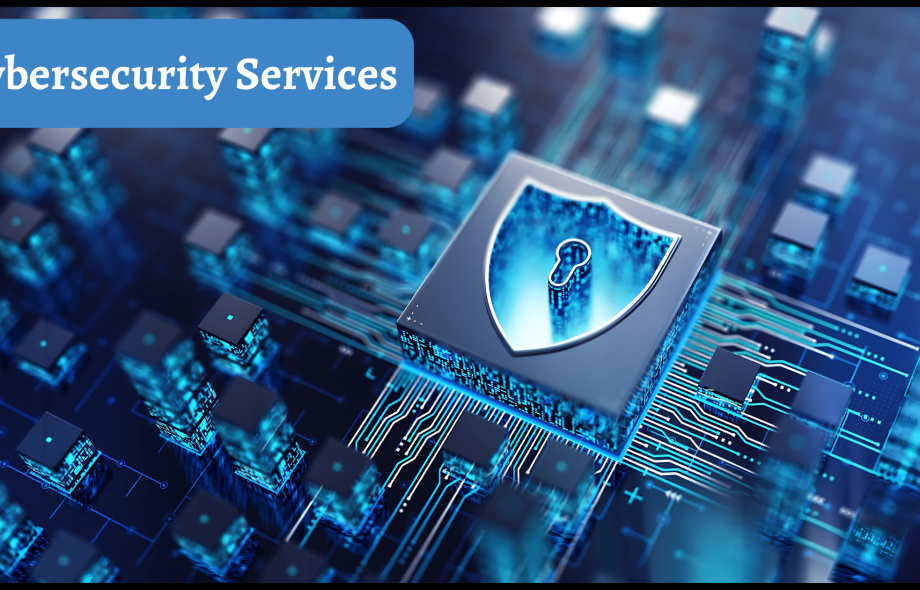In today’s digital world, businesses and individuals are more vulnerable than ever to cyber threats. Cybersecurity services help safeguard sensitive data, prevent breaches, and ensure a secure online environment. Whether you’re a small business, a large enterprise, or an individual user, investing in cybersecurity is no longer optional—it’s a necessity.
What Are Cybersecurity Services?
Cybersecurity services encompass various solutions to protect systems, networks, and data from cyber threats. These services help detect, prevent, and respond to security incidents, ensuring business continuity and data integrity.
Key Areas of Cybersecurity Services
1. Network Security – Protecting internal and external networks from unauthorized access, malware, and cyberattacks.
2. Endpoint Security – Securing individual devices like computers, smartphones, and servers from malicious threats.
3. Cloud Security – Safeguarding cloud-based applications, storage, and services from data breaches.
4. Application Security – Ensuring that software applications are protected against vulnerabilities and exploits.
5. Identity and Access Management (IAM) – Managing user permissions and ensuring only authorized personnel can access critical data.
6. Data Protection and Encryption – Securing sensitive information by encrypting data and implementing strict access controls.
7. Incident Response and Recovery – Detecting and responding to cyber threats while minimizing damage and downtime.
Why Are Cybersecurity Services Important?
1. Prevent Financial Loss
Cyberattacks can be extremely costly. Businesses that suffer data breaches may face regulatory fines, loss of revenue, and even lawsuits. A robust cybersecurity strategy helps mitigate these risks.
2. Protect Customer Trust
Consumers expect businesses to keep their data safe. A breach can damage your reputation and erode customer trust, leading to long-term consequences.
3. Compliance with Regulations
Industries like healthcare, finance, and e-commerce must comply with strict data protection laws (e.g., GDPR, HIPAA, PCI DSS). Cybersecurity services help businesses stay compliant and avoid legal penalties.
4. Safeguard Intellectual Property
Businesses rely on proprietary data, trade secrets, and confidential information. Cybersecurity services prevent unauthorized access and intellectual property theft.
5. Ensure Business Continuity
Cyber threats like ransomware attacks can disrupt operations. Having strong security measures in place ensures that businesses can recover quickly and continue functioning without significant interruptions.
Types of Cybersecurity Services
1. Managed Security Services (MSS)
Outsourcing cybersecurity to a third-party provider who monitors and manages security continuously.
2. Vulnerability Assessment & Penetration Testing (VAPT)
Simulated cyberattacks to identify security weaknesses before real hackers exploit them.
3. Security Information and Event Management (SIEM)
A centralized system that collects and analyzes security data to detect threats in real-time.
4. Cybersecurity Awareness Training
Educating employees about phishing, social engineering, and other cyber threats to minimize human errors.
5. Incident Response and Forensics
Investigating cyber incidents, mitigating damage, and implementing recovery strategies.
Conclusion
Cybersecurity services are essential for protecting sensitive information, maintaining customer trust, and ensuring smooth business operations. With cyber threats evolving daily, investing in robust security measures is no longer a luxury—it’s a necessity. Whether through managed services, security assessments, or employee training, businesses must avoid potential risks to safeguard their digital assets.
 :
https://www.pinterest.com/sparxitsolutions/
:
https://www.pinterest.com/sparxitsolutions/












